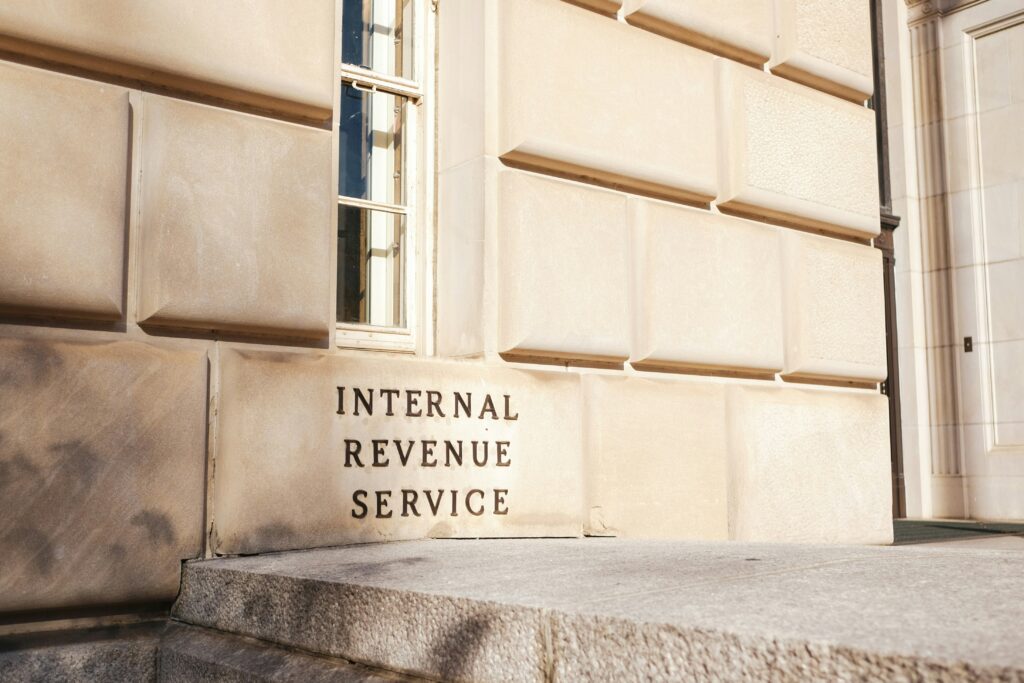Do You Owe Self-Employment Tax on Airbnb Rental Income?
A key question for many Airbnb hosts and vacation property owners is whether they owe self-employment tax on the income they earn from renting out their properties. The IRS addressed this issue in **Chief Counsel Advice (CCA) 202151005**, which provides insights into the treatment of rental income for self-employment tax purposes. However, it’s important to note that the CCA is not a binding precedent and should be taken as guidance rather than definitive authority. The guidance provides helpful insights but may not necessarily be applicable in every case, especially for rental income from vacation properties.
The Key Issue
The main question in CCA 202151005 was whether income from renting out living quarters is subject to self-employment tax under **Section 1402(a)(1)** of the Internal Revenue Code (IRC). Specifically, the CCA sought to clarify whether net rental income from non-real estate dealers could be excluded from self-employment income, thus exempting it from the self-employment tax. The IRS’s conclusion was necessary because the taxpayer would not owe self-employment tax if the income qualifies for exclusion.
Two Fact Patterns Examined
The IRS analyzed two fact patterns in the CCA:
- Fact Pattern 1: A taxpayer rents out a furnished beachfront vacation property through an online platform (e.g., Airbnb or VRBO). The taxpayer provides kitchen items, linens, daily maid service, Wi-Fi, access to the beach, recreational equipment, and prepaid vouchers for ride-share services between the rental property and a nearby business district. The taxpayer is not classified as a real estate dealer.
- Fact Pattern 2: A taxpayer rents out a furnished **bedroom and bathroom** in their home through an online rental platform. Renters have access only to the bedroom and bathroom, with no access to the kitchen or laundry areas. The taxpayer provides cleaning services for the bedroom and bathroom between rentals. Again, the taxpayer is not a real estate dealer.
IRS’s Conclusion
The IRS concluded that, in the absence of real estate dealer status, rental income is generally excluded from self-employment income if no substantial services are provided to the renters. According to IRC Section 1402(a)(1), Net rental income from real estate is typically excluded from self-employment tax as long as the taxpayer does not provide services that are considered “above and beyond” what is required to maintain the property for rental occupancy.
Key Points from the IRS’s Opinion:
- Rental Income Exclusion: Net rental income from renting living quarters is excluded from self-employment income unless substantial services are provided.
- Substantial Services: If a taxpayer provides services to renters that are not essential for occupancy and constitute a material portion of the rent, then that income may be subject to self-employment tax.
Results for Each Fact Pattern
- Fact Pattern 1 (Vacation Property): In this case, the IRS determined that the taxpayer’s net rental income from the beachfront property was subject to self-employment tax because the services provided (e.g., daily maid service, recreational equipment, ride-share vouchers) were considered substantial and beyond the norm for maintaining the property for rental. These services were considered integral to the rental experience and a significant part of the rent.
- Fact Pattern 2 (Bedroom Rental): The IRS concluded that the rental income in this case was not subject to self-employment tax. Since the taxpayer only provided cleaning services for the bedroom and bathroom, which is necessary to maintain the property in rentable condition, these services were within what is customary for keeping a rental property. The income from this rental was excluded from self-employment tax.
Alternative Analysis: Vacation Property Rentals
While the IRS concluded that substantial services provided in Fact Pattern 1 triggered self-employment tax, this interpretation might not always be accurate, especially in expensive resort areas. Vacation rentals in such places often come with services considered customary rather than “above and beyond” the norm. These might include Wi-Fi, housekeeping, recreational equipment, and repairs. Given the high rental prices in resort areas (e.g., $2,000–$5,000 per week), these services’ value is typically small compared to the total rent paid. Therefore, it is unlikely that these services would trigger self-employment tax because they do not constitute a substantial part of the rental fee.
The Substantiality and Customary Service Issues
The determination of whether services are “substantial” or “customary” can significantly affect whether self-employment tax applies. For example, in a case where the taxpayer rented out trailer park spaces and provided laundry services, the Tax Court ruled that the laundry services were not substantial enough to affect the self-employment tax status of the rental income. This ruling illustrates that services need to be more than just a tiny part of the rental experience to trigger self-employment tax.
Key Takeaways
- Self-Employment Tax Exclusion: If you rent a property and do not provide substantial services, your rental income is generally not subject to self-employment tax. The IRS’s CCA suggests that substantial services offered above and beyond what’s customary for maintaining the rental property could lead to the income being subject to self-employment tax.
- Vacation Rentals: In resort areas where vacation rental prices are high, services like housekeeping, Wi-Fi, and recreational equipment are customary and generally should not trigger self-employment tax.
- Small or Insignificant Services: Services like cleaning, which are necessary to maintain the property for occupancy, do not typically qualify as “substantial” and should not subject rental income to self-employment tax.
- Review of IRS Guidelines: While the IRS has provided some clarity, the rules can vary based on the specifics of each case, especially about how “substantial” or “customary” the services are. Considering these factors carefully is important when evaluating whether your rental income will be subject to self-employment tax.
In conclusion, while the IRS’s CCA provides valuable guidance, owners of vacation rental properties should assess whether their provided services are above and beyond the norm or are customary to determine whether they will owe self-employment tax. In most cases, rental income is unlikely to be subject to self-employment tax, especially for expensive vacation properties.










